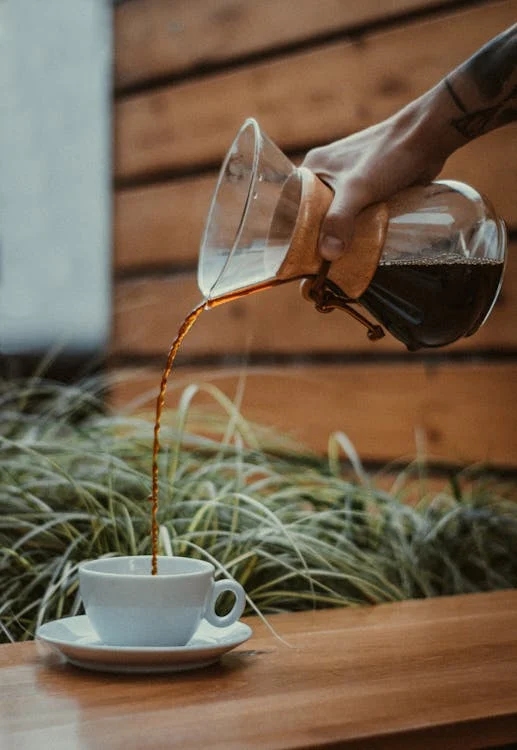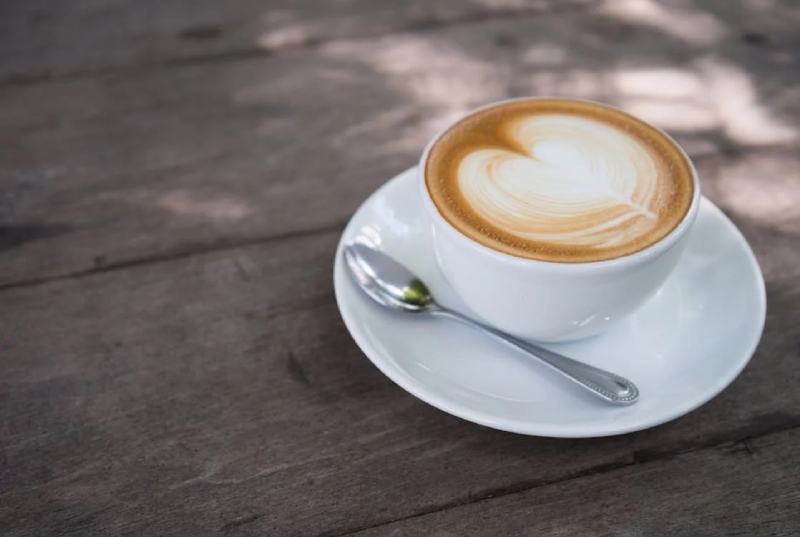For many, a steaming cup of coffee is the fuel that jumpstarts the day. But achieving that perfect cup isn’t just about the beans you choose – it’s also about the precise amount of coffee grounds you use. While it might seem simple, the ideal quantity can be surprisingly elusive. This article explores the factors affecting coffee grounds and offers guidelines to help you find your personal brewing sweet spot.
Factors Affecting Coffee Grounds Quantity
There are several factors that influence how much coffee grounds you’ll need:
- Desired Strength – do you prefer a bold and intense coffee, or a lighter, more nuanced brew? Stronger coffee requires more grounds.
- Coffee Grind – a finer grind offers more surface area for water extraction, so you’ll typically need less coffee compared to a coarse grind.
- Brew Method – different brewing methods have varying levels of water pressure and contact time with the grounds. A French press, for example, uses immersion brewing and may require a coarser grind and more coffee compared to a pour-over dripper.
- Coffee Bean Type – robusta beans naturally have more caffeine than Arabica beans. If you’re using a robust blend, you might want to use slightly less coffee to avoid an overly bitter brew.

Guidelines for Determining Coffee Grounds Quantity
While there’s no one-size-fits-all answer, a good starting point is the “Golden Ratio” recommended by the Specialty Coffee Association (SCA). This ratio suggests using 1-to-16 (coffee to water). In other words, for every 1 gram of coffee, you should use 16 grams of water.
Here’s a quick conversion table to translate this ratio into more common measurements:
| Coffee | Water |
|---|---|
| 1 tablespoon (≈ 5 grams) | 8 ounces (236 ml) |
| 2 tablespoons (≈ 10 grams) | 16 ounces (473 ml) |
Remember, these are just starting points. Feel free to adjust the amount of coffee grounds based on your preferences and the factors mentioned above.

Experimenting with Coffee Ratios
The beauty of brewing coffee is the ability to personalize it to your taste. Once you have a baseline, don’t be afraid to experiment! Try using slightly more or less coffee grounds and see how it affects the final brew.
- Start small – adjust the quantity by half a tablespoon at a time to fine-tune the strength and flavor profile.
- Keep notes – jot down the amount of coffee you used, the brewing method, and your impressions of the resulting cup. This will help you identify your ideal coffee ratio.
Conclusions
The perfect cup of coffee is a matter of personal preference. By understanding the factors that affect coffee grounds quantity and experimenting with different ratios, you can unlock a world of delicious coffee experiences. So, grab your favorite beans, fire up your brewer, and embark on your own coffee brewing adventure!





